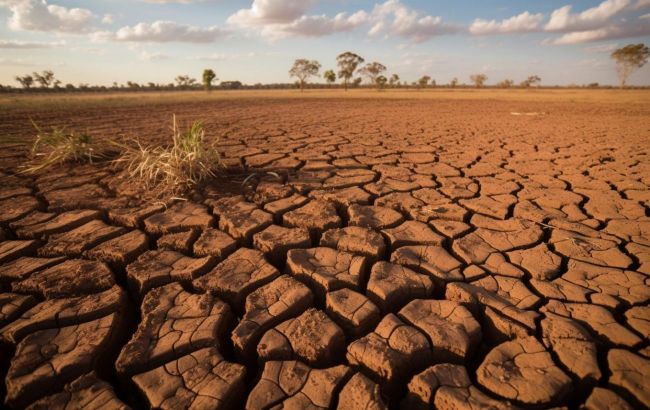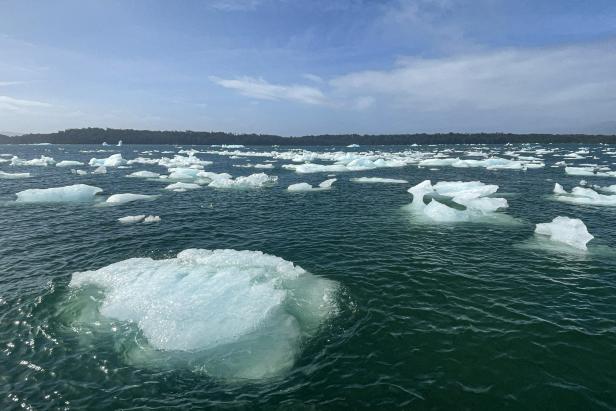Year 2024 could go down as record-breakingly hot
 Illustrative photo (Freepik)
Illustrative photo (Freepik)
The annual UN climate report has confirmed data indicating that 2023 was the hottest year on record. Additionally, the past year marked "the warmest 10-year period on record." The World Meteorological Organization (WMO) predicts that temperatures will continue to rise in 2024, citing ScienceAlert.
Responding to the report, UN Secretary-General António Guterres noted that it signals that "a planet is on the brink."
"Earth's issuing a distress call. Fossil fuel pollution is sending climate chaos off the charts, and changes are speeding up," said António Guterres.
WMO's findings and the red alert
The WMO announced that last year, the average global temperature exceeded pre-industrial levels by 1.45 degrees Celsius, dangerously close to the critical threshold of 1.5 degrees, as agreed upon in the 2015 Paris Climate Agreement, which leading countries strive to avoid.
"I am now sounding the red alert about the state of the climate," Celeste Saulo from the WMO told reporters, lamenting that "2023 set new records for every single climate indicator". She noted that many temperature records were broken, giving a grim new meaning to the term "unprecedented."
WMO Secretary-General Celeste Saulo (photo: World Meteorological Organization)
State of the world's oceans, ice, and climate
Particular concern arises from the fact that warm sea waters covered nearly a third of the entire surface of the world's oceans, which could have "profound negative repercussions for marine ecosystems and coral reefs."
Together with rapid glacier and ice sheet melting, this ocean temperature rise has led to sea levels reaching their highest point since 1993, when satellite observations began.

Glacier melting is accelerating every year (photo: Discovery)
Dramatic climate changes are causing severe damages worldwide, triggering extreme weather events, floods, and droughts, which in turn lead to loss of biodiversity and worsened food security.
Nevertheless, the WMO also highlighted a "glimmer of hope": renewable energy production, mainly from solar, wind, and hydroelectric sources, increased by almost 50% compared to 2022.
Actions needed now
This report has sparked a wave of reactions and calls for urgent action.
"Our only response must be to stop burning fossil fuels so that the damage can be limited," said Martin Siegert, a geosciences professor at the University of Exeter.
Jeffrey Kargel, a senior scientist at the Planetary Science Institute, stressed that the dramatic climate shifts "do not connote the inevitable doom of civilization". He said that the outcome of these changes "depends on how people and governments change or don't change behaviors."
Saulo acknowledged that the cost of taking action against climate change may seem high. "But the cost of climate inaction is much higher," she added.


